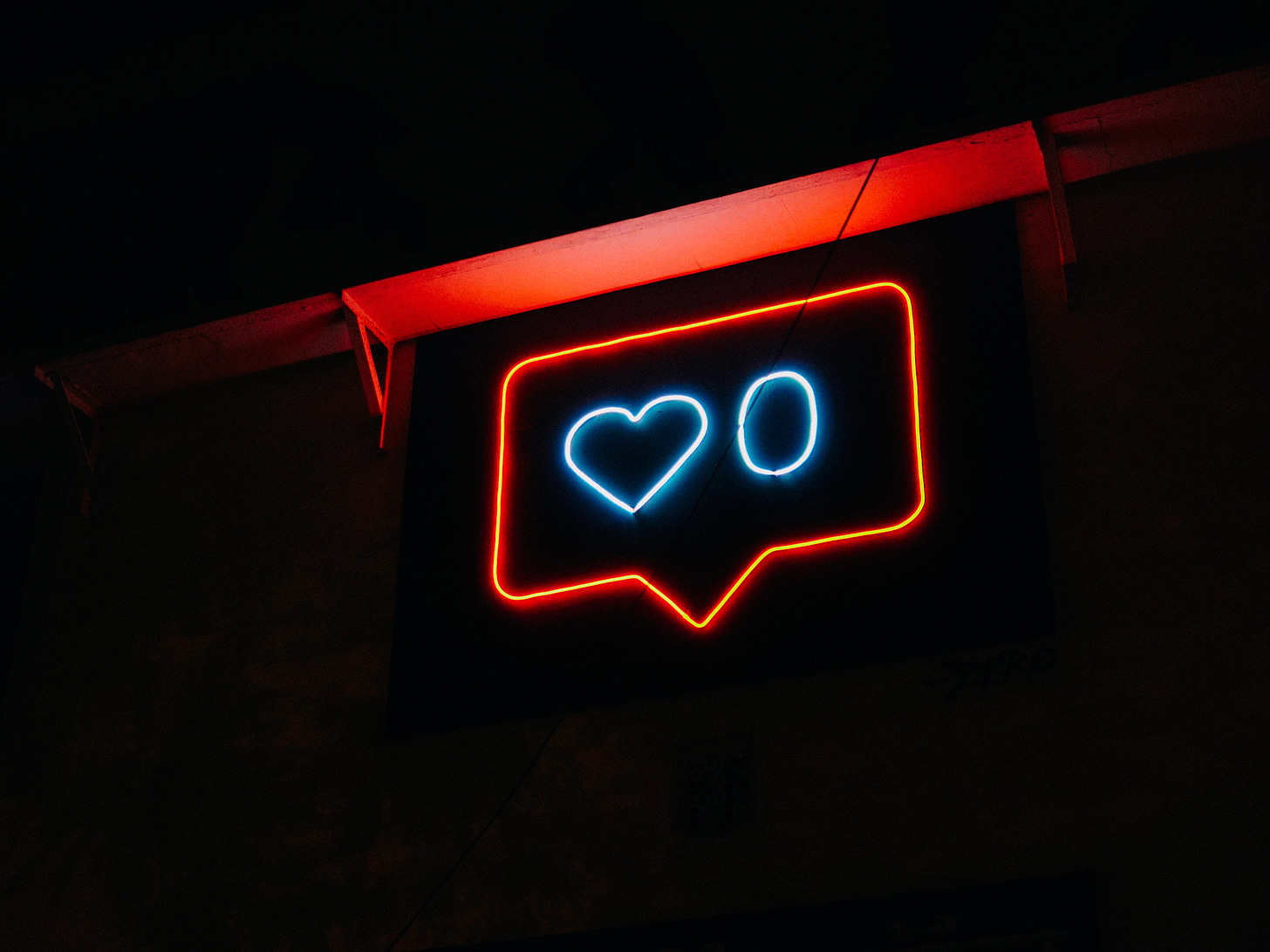For a great night of deep sleep, do a digital sunset one hour before bed
In his bestselling book The 3 Alarms, former McKinsey consultant and Skype senior manager turned executive coach Eric Partaker describes five things he does every workday that significantly improve his productivity.
Taken together, they form what he calls his “peak-performance routine”. Here are the first four:
Completing ninety minutes of high-quality, focused, distraction-free work by 7.30 am
Completing at least twenty minutes of moderate exercise by 8.30 am
Shutting down the day by 6.30 pm
Getting eight hours of sleep
If you’ve read my posts for a while, you’ve probably recognized some similarities to my recommendations: Prioritizing 60-90 minutes of “deep”, focused work in the morning makes sense for most of us. A brisk 20-minute walk before 10 am is not only great for our body – it also improves our mood and creativity while providing us with the sunlight we need for shifting our brain into day mode.
I’ve also recommended Cal Newport’s shutdown ritual to call it a day, as well as sleeping for some 7.5 hours each night – rather than eight hours straight because sleeping in multiples of 90 minutes allows us to avoid sleep inertia.
I especially love the fifth part of Eric’s “peak-performance routine”: The digital sunset. I’ve been using it for most of 2022 – and it has profoundly increased the amount of deep sleep I get each night.
A digital sunset works as follows. Set an alarm for one hour before your regular bedtime. When that alarm goes off, shut off all the electronics. Your computer, your TV, your smartphone – all of them.
Doing that has two major advantages for getting the 90 minutes of deep sleep you need. First, it prevents blue light from confusing your circadian master clock. Late in the day, this clock mistakes that kind of light for sunlight. Our brain then thinks that it’s daytime and, as a result, eliminates the melatonin in our system, making it impossible to get the deep sleep we need during the first half of the night.
Second, a digital sunset enables your brain to step on the brake. That brake is located in the “parasympathetic nervous system”, or calmness system. When active, this system makes us calm. As it turns out, getting into deep sleep requires a strong activation of that system. Staying away from both work-related and leisure-related stressors by disconnecting fully one hour before bed goes a long way to letting our calmness system do its magic in time.
In a nutshell, perform a “digital sunset” by shutting off all the electronics one hour before your regular bedtime. Set an alarm on your phone to remind you of doing so. And use that time for recreational activities like taking a walk or reading instead.
If you liked this post, please share it with others:
Until next week,
Christian




